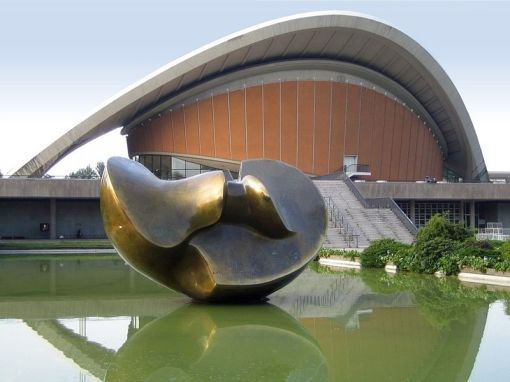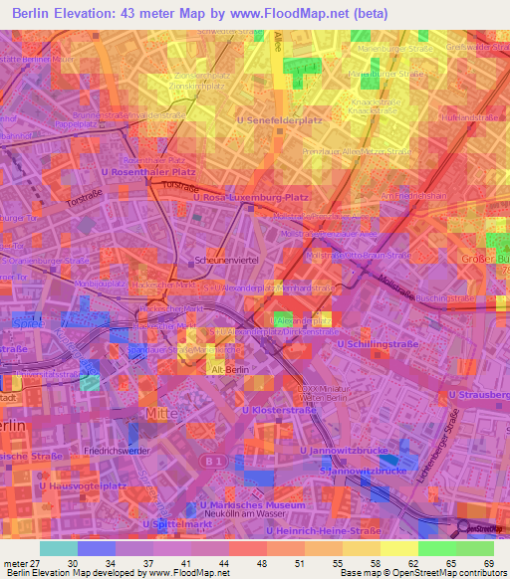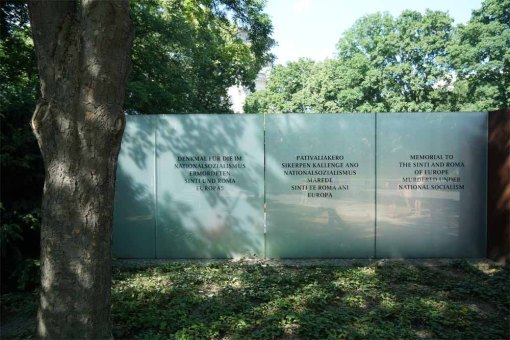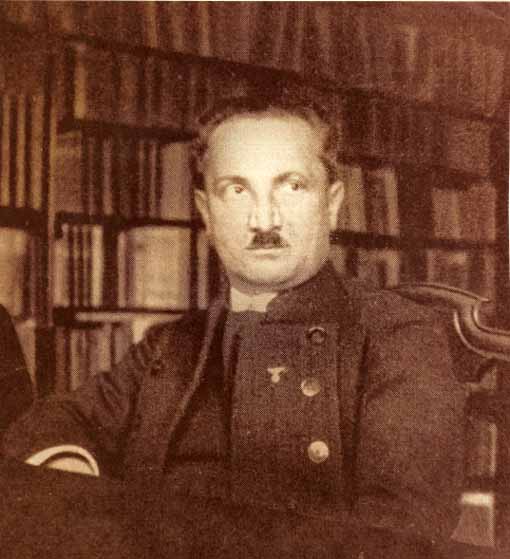Last night was the screening of Coming to Terms here in Berlin, at the Haus der Kulturen der Welt. Was a decently sized audience, and a very very positive response to the film. Back when I lived here in the late 70’s, this structure – a modernist swooping concrete American gift to Berlin, ironically collapsed, and was rebuilt, hopefully with both design and construction improvements. The setting in which it sits, along the Spree River, is now utterly transformed, as is the entire city. The Wall is gone, the dingy grey world of East Berlin now glitters with new buildings and renovations of old ones, and it is as if a magic wand had waved, and everything seems completely reinvented. Tourists swarm the city center, the old Reichstag building with its Foster cupola, beside it the new Federal governmental buildings, the Brandenburg gate and the totally revitalized Unter den Linden. It is really another city, morphed from an isolated cell of the capitalist West nestled in the faltering collapse of the socialist East, into a humming magnet of late Euro-capitalism, a grand illusion awaiting the literal flood of the future – while at 114 feet above sea-level it is not at risk of inundation this century, in some more distant future, when and if all the world’s ice melts and the sea level rises to a projected 216 feet, well….
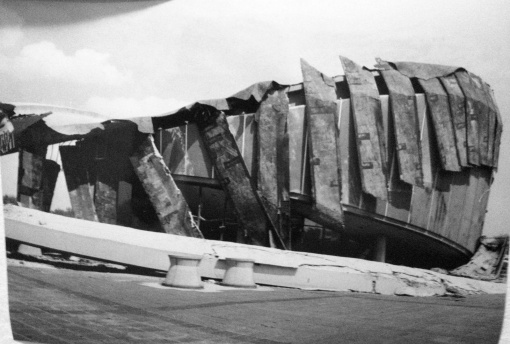 The HKW after its collapse; below with its architect.
The HKW after its collapse; below with its architect.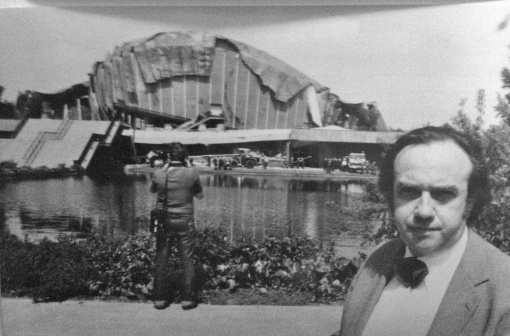
When I lived in Berlin – 1979-80, and later in 83-5 – the Wall, and the political and economic world it represented, was an active and vivid part of the psycho-social, and economic, landscape. After I’d been there a brief while I concluded that it – a thin concrete veil maintained with armed and deadly force, and representing a very recent, short-term ideological squabble – would soon be gone. It would be overcome by the far deeper historical roots of the culture it had temporarily bifurcated. So I thought. My Berliner friends were of a different mind, 100% sure it would remain there throughout their lifetimes and beyond. It was, so they felt, a permanent fixture. And they had a financial incentive too – as a glittering outpost of the West imbedded in the drab East, it was heavily subsidized, and housing and transportation and many other things were relatively cheap. And there was something romantic about being trapped there. So until the day the wall was being chiseled down and Honeker threw in the towel as the Soviet empire dissolved in the fog of glasnost, they were sure it would remain. Not many years later I visited the USSR for a few weeks, in the company of rosy-glassed British left-winger film people, and I drew the same conclusion regarding the Soviet Union – that it was due for imminent collapse. My traveling companions thought this ridiculous, as did my friends in America, along with the CIA. Nope, the great Soviet monolith was forever. It formally collapsed in 1991. So much for the permanence of things. Of course in Germany I was in a country which had not much earlier seen itself as in the early stages of a Thousand Year Reich, and I am the child of a country which allows itself a starry-eyed “exceptionalism” and seems to have imagined until very recently that it was exempt from the lessons of history (or telling itself truthfully its own history.)
As an habitual transient, even within my own country, I have over my life become a perpetual outsider. In a manner it is a privileged position, allowing one to see past the curtains of ordinariness which those who live a stable life accommodate. Inside such a life – one of a job, home, a circle of friends and associates, and social/economic conventions everyone accepts – the horizon of one’s experience leads to a kind of certitude: the walls will never fall. Whereas from my constantly shifting vantage point, nothing appears fixed and stable, and the givens of another’s life seem not at all so firm. Be it assumptions about a pension, about the economy running along just so, or whether a vaunted empire will last another 1000 years, or 10 days. To most of my friends a life with a thorough-going absence of “security” seems an impossible nightmare, and they often wonder out loud to me just how I can do it. But for me, since my life has repeatedly shown me that such certainties, small and huge, which they entertain, nearly always fall apart, it confers a kind of psychological protection: I am not surprised when the rug zips out from underneath, and I haven’t really placed many bets on it not doing so. For me, whatever happens happens, and I will cope with it rather than panic at seeing my word-view shattered. For some people this seems cynical; to me it is just realism.
 Albert Speer’s design for the glorious 1000 year 3rd Reich
Albert Speer’s design for the glorious 1000 year 3rd Reich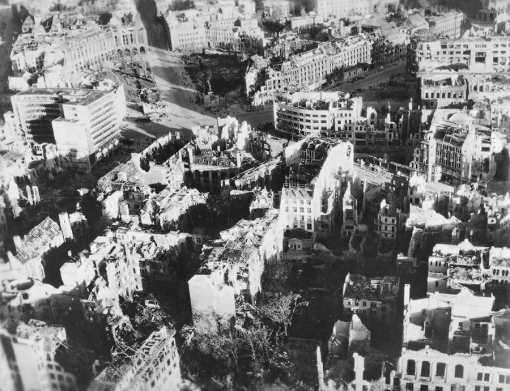 Berlin, not many years later, in 1945
Berlin, not many years later, in 1945
These days, crossing Germany, as in the United States, one can see vast wind farms, the pristine white blades turning slowly (harvesting among other things, birds and bats). Germany is one of the European countries seriously attempting – or so it thinks – to Go Green. Berlin is busy with bicycle lanes, mini-car rental shares, well-insulated buildings, and, at least within the context of modern capitalism, an effort to be more efficient, all in the name of concern for the environment. Of course these quite “aware” consumers of the feel-good ideology of “doing their part” to keep the coming flood at bay, hardly think twice when it is time to pop into an EasyJet or AirBerlin flight and run off to Majorca or Bangkok, nor do they really understand their massively mis-proportioned draw on the world’s material assets. Of course they can always point to the United States, and say how its “carbon footprint” and consumption per capita is so much bigger. And while the richest squabble over these matters, China, and, less successfully India, race to catch up – in exactly the same manner Europe and the United States did when they industrialized, spewing massive wastes and poisons into the environment. Caught in the alluring material enticements of late-stage capitalism, all are too eager to have more. Some “more” with a do-(feel)-good ecological bent, and some just plain old more. Within the penumbra of the Capitalist Religion (one decisively demonstrated to be superior to Communism when the USSR collapsed), the concept of doing with less, a lot less, in the name of a future, is simply alien. Nope, whatever the problems, the techies will figure it out, and we can continue to have more and more. And we will have the Thousand Year Reign of Technofixes.

Perhaps it is the extravagant history of Berlin which provokes such thoughts – to think that the culture that gave us Bach, Beethoven, and myriad other sublime cultural gifts, could have, in the same breath given us the mass frenzy which brought Mr Schickelgruber to power under his stage-name Hitler, and led this most sophisticated society over the cliff of the mass killing of Jews, gypsies, gays, and other suddenly (if also historically deep) anointed non-humans. Under the sway of their Fuhrer Germany initiated the chain of events which led to the killing of over 72 million people in a single decade. Towards the end of the war, German citizens mostly obeyed, as their whole world was pulverized before their eyes. As they had done with the deportation of their neighbors, they firmly stuck their collective heads in the soft sands which Berlin is built upon. And today, despite the best of liberal intentions – the bicycle paths, the mini-cars, the farmers markets, the wind farms and all the rest – they are in deep delusion as the Spree slowly encroaches on this currently most civil city.
Flying here from Dusseldorf the view out the window looking down on the NordWest-Rhineland was of massive chimneys and cooling towers, (along with the windfarms) all the way to the horizon. Germany’s economy is the best in Europe, and it is hurtling down the tracks to its own oblivion, with the rest of Europe looking enviously on.

